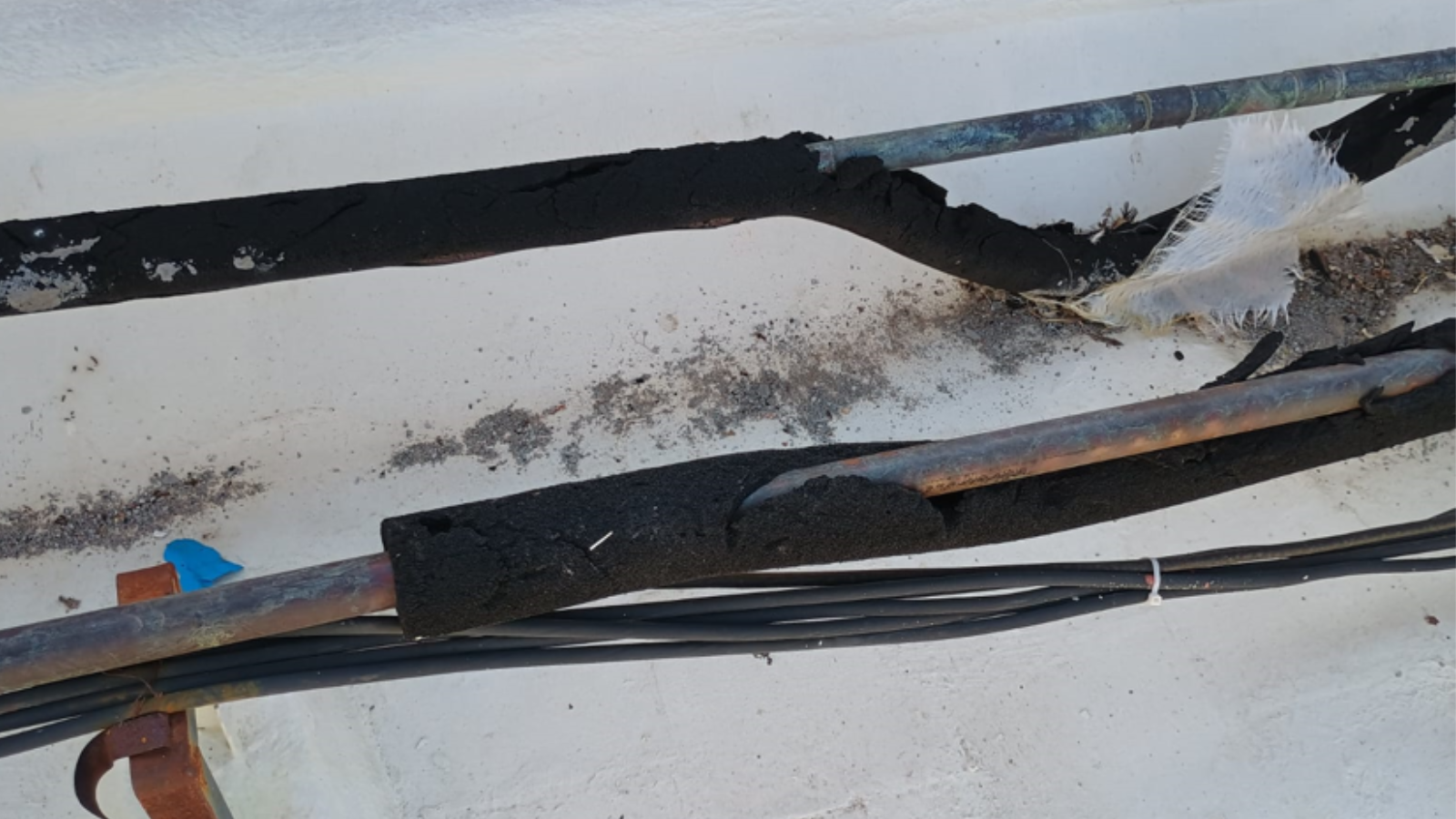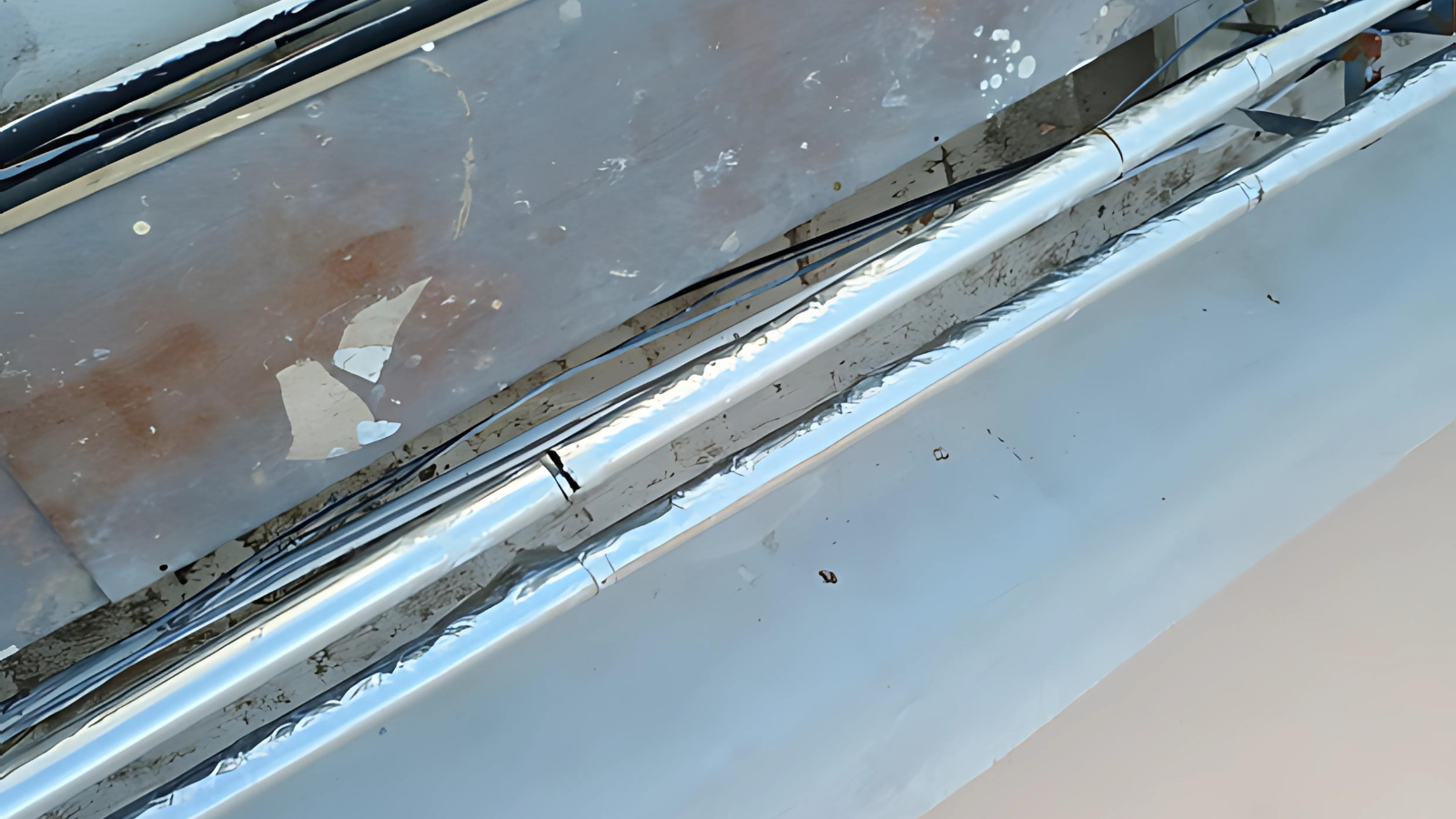Choosing T-FIT® or Nitrile Rubber Insulation: A Two-Year Trial Installation for Solar Water Heating System & Heat Pump
Published
September 16, 2024
Introduction
Infosys Technologies is an Indian multinational information technology company that provides business consulting, information technology, and outsourcing services. Headquartered in Bangalore, the company has a strong commitment to sustainability and operational efficiency, which drives its interest in optimizing the performance of its infrastructure, including solar water heating systems and heat pumps on the roof of the building.
To improve the efficiency and longevity of their solar water heating systems and heat pumps, with a working temperature of 80 to 95°C, Infosys Technologies wanted to invest in insulation and started a comparative trial between two insulation materials: T-FIT Insulation and Nitrile Rubber.
When selecting pipe insulation, the choice between materials can significantly impact performance, efficiency, and longevity. This trial was conducted over two years, and the results were eye-opening.
Comparative Analysis
Performance of Nitrile Rubber
Nitrile Rubber is widely known for its insulating properties, typically has a temperature range of -35°C to +120°C. Initially, it seemed like a suitable choice for insulating solar water heating systems and heat pumps.
However, upon reaching the two-year mark, significant deterioration was observed in the Nitrile Rubber material. The insulation began to show signs of wear and tear, impacting its ability to maintain effective insulation. This degradation leads to a decline in the performance of the solar water heating systems and heat pumps, as consistent insulation is crucial for their efficiency.
Infosys Technologies noted these issues, highlighting the need for a more durable and reliable insulation material. The performance of Nitrile Rubber, while initially satisfactory, proved to be unsustainable in the long term.

Performance of T-FIT Insulation
T-FIT Insulation represents a cutting-edge solution that redefines pipe insulation standards. Used in the same conditions as Nitrile Rubber, not only met but exceeded expectations. It demonstrated remarkable stability and effectiveness within the given temperature range of 80 to 95°C.
The standout feature of T-FIT Insulation was its durability. Over the two-year period, T-FIT Insulation maintained its excellent performance. Unlike Nitrile Rubber, there were no significant signs of wear and tear. This consistent performance ensured that the solar water heating systems and heat pumps operated at optimal efficiency throughout the duration of the study.
Infosys Technologies was highly impressed with T-FIT Insulation. The material’s ability to maintain its insulating properties without significant degradation led to a high level of satisfaction. Based on its superior performance, Infosys Technologies placed a repeated order for T-FIT Insulation, underscoring their confidence in the material.

Conclusion
The two-year live comparison between T-FIT Insulation and Nitrile Rubber provided clear insights into the superior performance of T-FIT Insulation. Its ability to maintain insulation effectiveness and durability over a prolonged period makes it a more reliable and cost-effective solution for long-term projects. Infosys Technologies’ decision to place a repeated order underscores the material’s reliability and performance excellence.
This comparative study highlights the importance of choosing the right insulation material for solar water heating systems and heat pumps. T-FIT Insulation stands out as a superior choice, ensuring consistent performance and longevity, ultimately leading to more efficient and reliable systems.